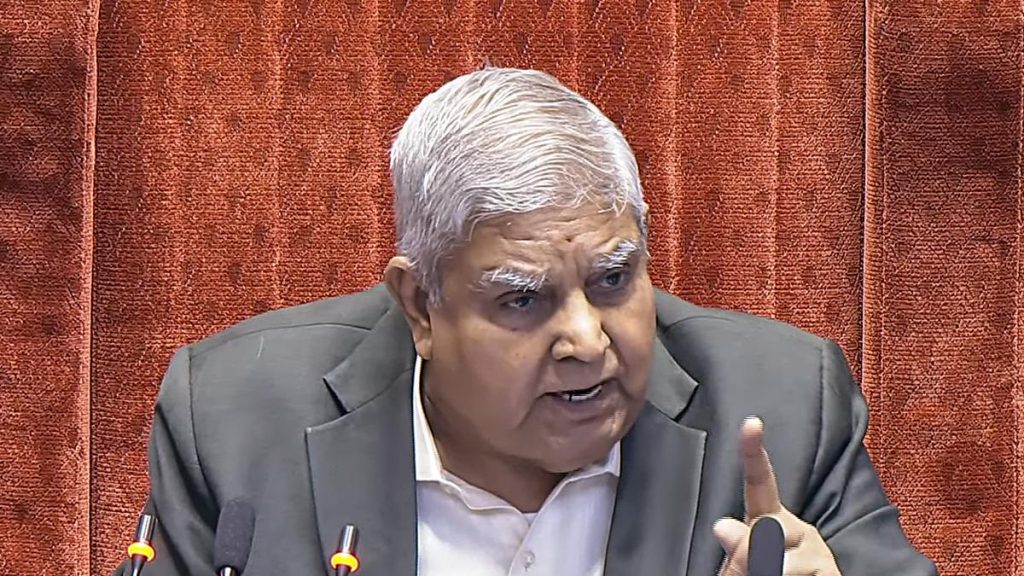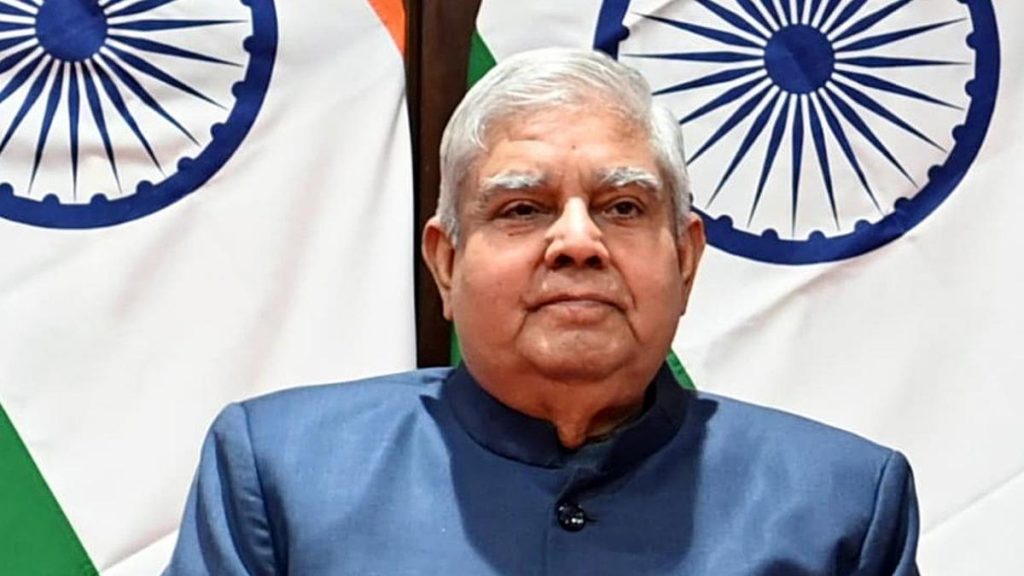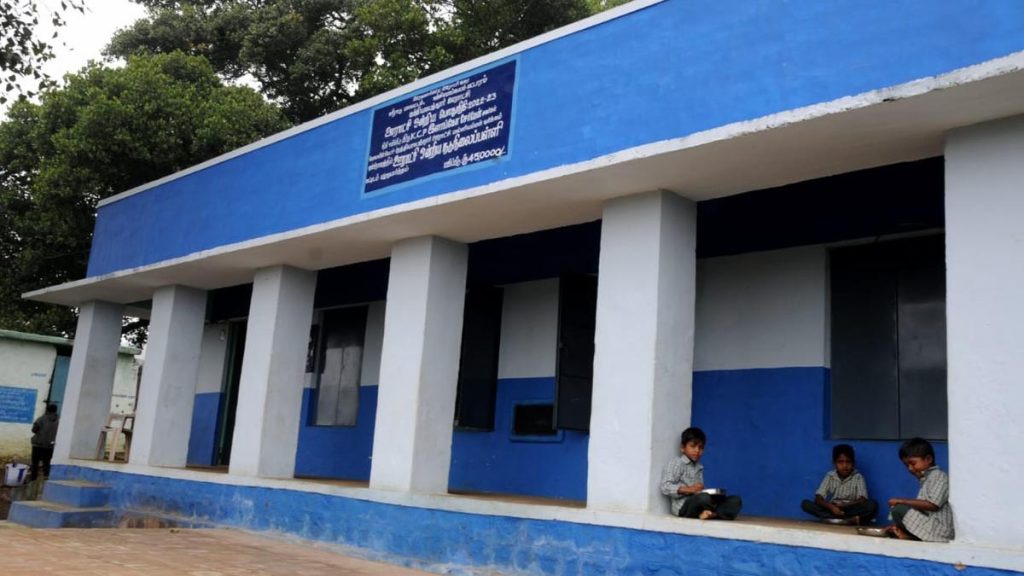Now Reading: Australia’s WACE Becomes First Foreign Government-Backed Board in India
-
01
Australia’s WACE Becomes First Foreign Government-Backed Board in India
Australia’s WACE Becomes First Foreign Government-Backed Board in India

Speedy Summary
- Event: Western Australia’s WACE (Western Australian Certificate of Education) becomes the first foreign government-backed school board to begin operations in India, with equivalence for Class X and XII qualifications approved by the Association of Indian Universities (AIU).
- Historical Context: first international board approval in India after 25 years.
- Curriculum Framework: Delivered via WAIS (Western Australian International School System); includes holistic development,skill integration,and consistent assessments with ATAR-based university entry scores.
- Alignment with NEP 2020: Focus on holistic education, reduced academic pressure through blended evaluation methods.
- Expansion Plan: Partner schools established in Bengaluru and Bidar (Karnataka), addressing requirements like a Class 10 exam tailored to Indian states’ needs.
- Cost & Accessibility: WAIS positioned between CBSE and Cambridge Boards; estimated fee increase of 15-20% above typical CBSE fee structures without matching IB costs.
- Eligibility Benefits: ATAR scores allow direct application to global universities without SAT/JEE exams; additional AUD 20,000 bursary available for study in Western Australia.
- The curriculum emphasizes seven capabilities including literacy, numeracy, ethical understanding, critical thinking, ICT skills among others.


Indian Opinion Analysis
The introduction of WACE marks a meaningful shift in India’s approach to integrating international education standards at the school level. The approval reflects broader policy changes under NEP 2020 that prioritize global pathways while maintaining local adaptability-evident from steps like developing a Class X exam for WAIS students tailored to state requirements.In terms of accessibility and cost-effectiveness compared to other international boards like IB or Cambridge curricula, WAIS could serve as an intermediary model attractive to mid-range private schools seeking value-added opportunities for students without incurring prohibitive fees.Its focus on balanced assessments (50% coursework + final exams) could ease student pressure associated with single-exam-dependent models traditionally prevalent across Indian school boards.
This development may encourage increased cross-border collaborations within education sectors while offering wider options for global academic pursuits directly from high schools-a positive trend aligned with India’s growing emphasis on skill-based learning rather than purely theoretical performance metrics.




























